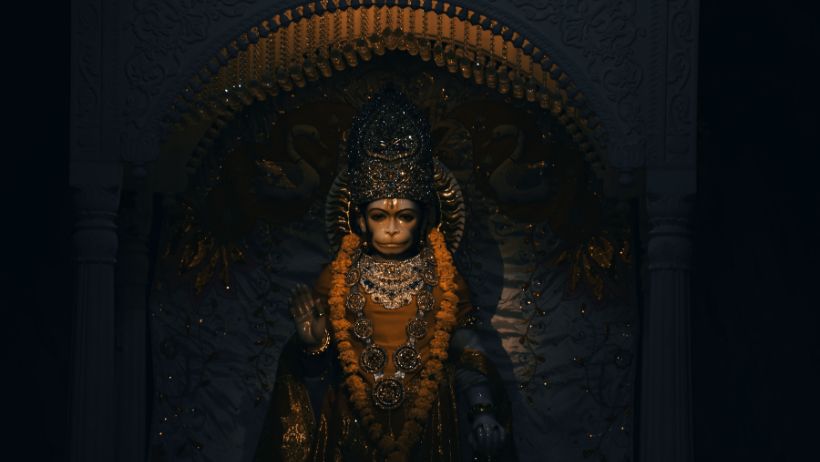Who Wrote the Hanuman Chalisa and When?
The Hanuman Chalisa, a 40-verse hymn in praise of the Hindu deity Hanuman, is one of the most beloved and recited devotional texts in Hinduism. Its powerful verses extol Hanuman’s strength, devotion, and unwavering loyalty to Lord Rama, captivating millions of hearts across generations. But who penned this timeless masterpiece? And when did it first grace the world with its divine energy?
While differing opinions and claims exist, most scholars and devotees attribute the Hanuman Chalisa to the revered poet-saint Goswami Tulsidas. A towering figure in 16th-century Indian literature, Tulsidas is best known for his epic poem, the Ramcharitmanas, a retelling of the Ramayana in the Awadhi language.
The linguistic and stylistic similarities between the Chalisa and the Ramcharitmanas further strengthen the link to Tulsidas. Moreover, within the Chalisa itself, he subtly claims authorship in the final verse:
“Tulsi das ji rachyohu chālīsā / Doye haath uthaaye kripāl kījāy.”
(“Tulsidas has composed this Chalisa; Please raise both hands and shower your grace.”)
When Was Chalisa Written?
Pinpointing the exact date of the Chalisa’s composition remains an intriguing puzzle. Scholars generally agree it was written sometime within the 16th century, most likely during Tulsidas’ later years. Some estimates suggest it was penned around 1575, while others place it closer to the end of the century.
A Hymn for All Ages
Regardless of the precise authorship or date, the Hanuman Chalisa’s impact on Hinduism is undeniable. Its simple yet powerful verses resonate with devotees of all ages and backgrounds. Recited for spiritual upliftment, seeking blessings, or overcoming obstacles, the Chalisa continues to be a vital part of Hindu prayers and rituals.
So, while the question of who wrote the Hanuman Chalisa and when might remain partially shrouded in the mists of time, its significance shines bright. It stands as a testament to the power of faith, devotion, and the enduring legacy of Tulsidas, the poet-saint who may have gifted us this timeless hymn.

